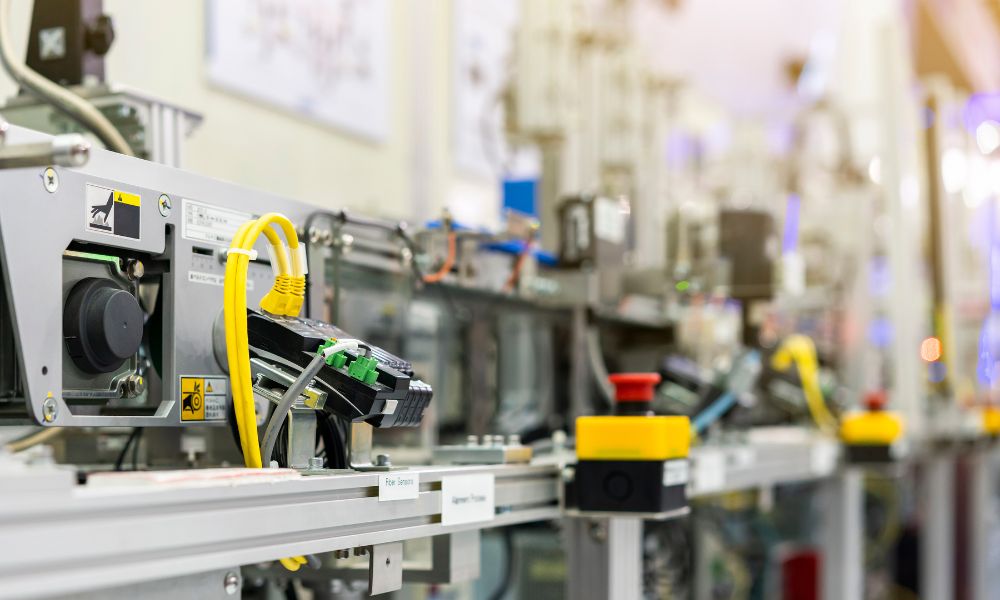Programmable logic controllers (PLCs) are a revolutionary addition to the manufacturing industry. These digital computers, designed to withstand the rigors of the factory floor, play a crucial role in automating industrial processes. They've become an indispensable tool for manufacturers, improving efficiency, increasing productivity, and enhancing the overall quality of output. But what exactly are PLCs, how do they work, and why are they so important in modern manufacturing? We'll delve into the world of PLCs and explore their significance in the manufacturing industry.
The Role of PLCs in Modern Manufacturing
PLCs are robust, highly adaptable computers that control machinery and monitor production lines, executing a wide range of commands based on custom-written logic. They’re designed to function in harsh industrial environments, making them ideal for controlling complex sequences in assembly lines, managing automated systems, and coordinating entire factories. Their ability to communicate with other devices and networks allows for real-time process control, data collection, and system diagnostics, paving the way for smarter, more connected manufacturing operations.
How PLCs Enhance Efficiency and Productivity
PLCs have a significant impact on enhancing efficiency and productivity within manufacturing environments. They provide precise control over machinery, reducing errors and increasing the consistency of output. By automating repetitive tasks, PLCs free up human workers for more complex duties, thus maximizing workforce utilization. Additionally, their ability to quickly react to changes in input conditions, such as temperature or pressure, minimizes downtime and ensures smooth operations.
The Impact of PLCs on Quality Control
PLCs are also important for maintaining product quality in the manufacturing industry. By continually monitoring production parameters and responding to deviations in real time, PLCs help maintain consistent product quality. They can also log data for every batch produced, providing valuable insights for process optimization and traceability. By integrating with other systems, like SCADA or MES, PLCs can provide a holistic view of the production process, enabling proactive quality management and further reducing the chances of product defects.
The Economic Benefits of PLCs in Manufacturing
PLCs offer substantial benefits from an economic perspective as well. The automation capabilities of PLCs reduce labor costs and increase throughput, directly impacting the bottom line. By improving product consistency and reducing waste, they also enhance customer satisfaction and potentially open new market opportunities. Moreover, the adaptability of PLCs means you can easily reprogram them for different tasks, providing flexibility for manufacturers to quickly respond to market changes without significant capital expenditure.
Integrating programmable logic controllers into your manufacturing operations can significantly boost success in several areas of your business. It's vital, however, to source these critical components from a trusted supplier. PLC Direct offers premium computers for industrial automation, including our popular collection of Schneider Electric PLCs, Mitsubishi, GE Fanuc, and more . Regardless of your specific manufacturing needs, we can provide an economical and convenient solution that works for you.

